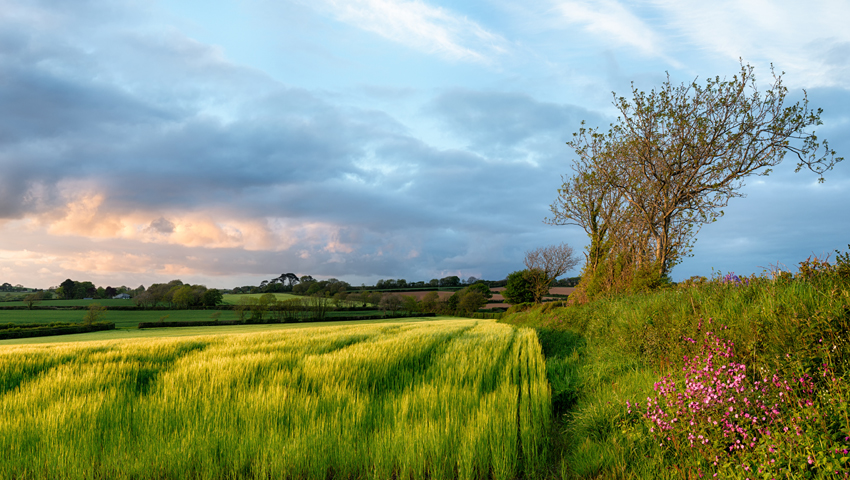The Guinness regenerative agriculture pilot launched in February 2022 to work with the farmers who grow the barley, so they can work in harmony with the natural environment. Guinness hopes to achieve a reduction of 30% in the greenhouse gas emissions of a spring barley production during the pilot.
Since launch, they have recruited 44 farms across Ireland to participate, and gathered the baseline data so they can accurately track the impact of the pilot.
Some of the highlights from the data are:
- The carbon footprint of growing spring barley across participating farms is lower than other international studies
- Of this carbon footprint, almost three quarters is from the use of nitrogen fertiliser
- They sowed cover crops last autumn to protect the land on which the barley is grown. They’ve been able to see this has absorbed a significant amount of nitrogen, phosphorous and potassium that would usually go into water, but is now able to be recycled into the next crop.
The data was reviewed by soil scientist Neil Fuller, Future Food Solutions, who said “The baseline numbers are very impressive. The pilot farmers are doing a fantastic job as custodians of the land, building on firm soil foundations laid by previous generations. Irish farmers are producing barley with excellent yield and quality with a low carbon footprint, and still there is tremendous potential to further reduce emissions. But this is only half the story. All the baseline metrics demonstrate that Irish soils are in great health.”
Speaking about the pilot, Vanessa Maire, Global Head of Regenerative Agriculture, Diageo commented “We now have the ability to analyse 44 different farms and share learnings and best practice. This will give farmers a fantastic opportunity to reduce emissions without compromising yield or quality, while at the same time removing carbon from the atmosphere. We want to thank the growers and our suppliers for working with us on this project – we really appreciate their support and commitment.”
The next project milestone includes examining how fertiliser selection can reduce emissions and the establishment of baseline biodiversity measurements for birds and pollinators.
Listening devices will be placed on selected farms that will record the sounds from birds and pollinators. The sounds will be analysed to determine the number of species on the farm.
Diageo says that their supply chain (scope 3) emissions are one of the biggest challenges in achieving their goals set in our ESG action plan, Society 2030.
Diageo has committed to halving carbon emissions by 2030, and reaching net zero across our supply chain by 2050. Within our supply chain emissions, sourcing raw materials and agriculture make up one third of this.
